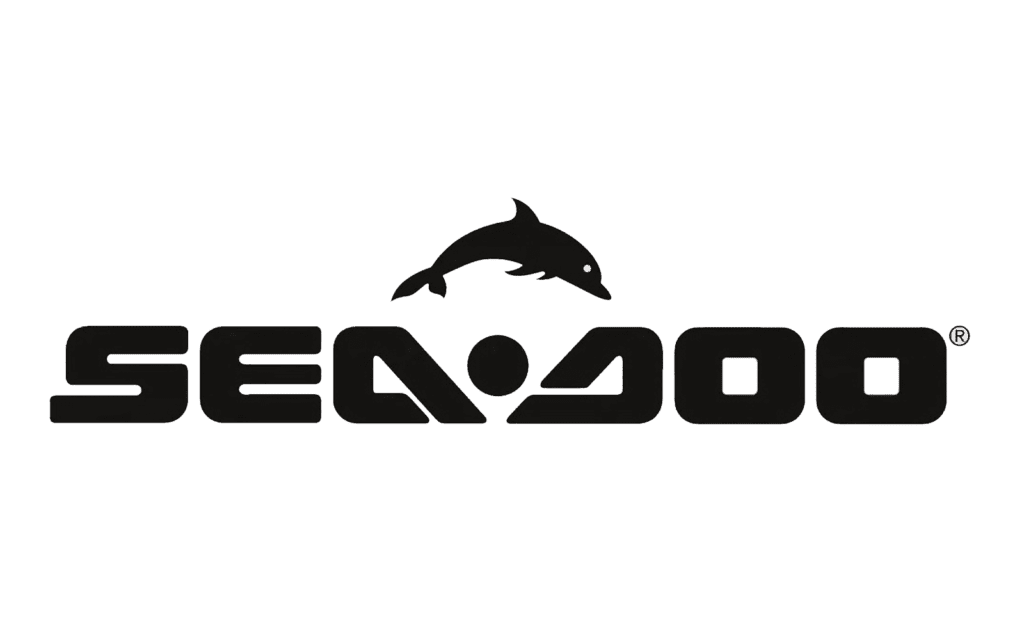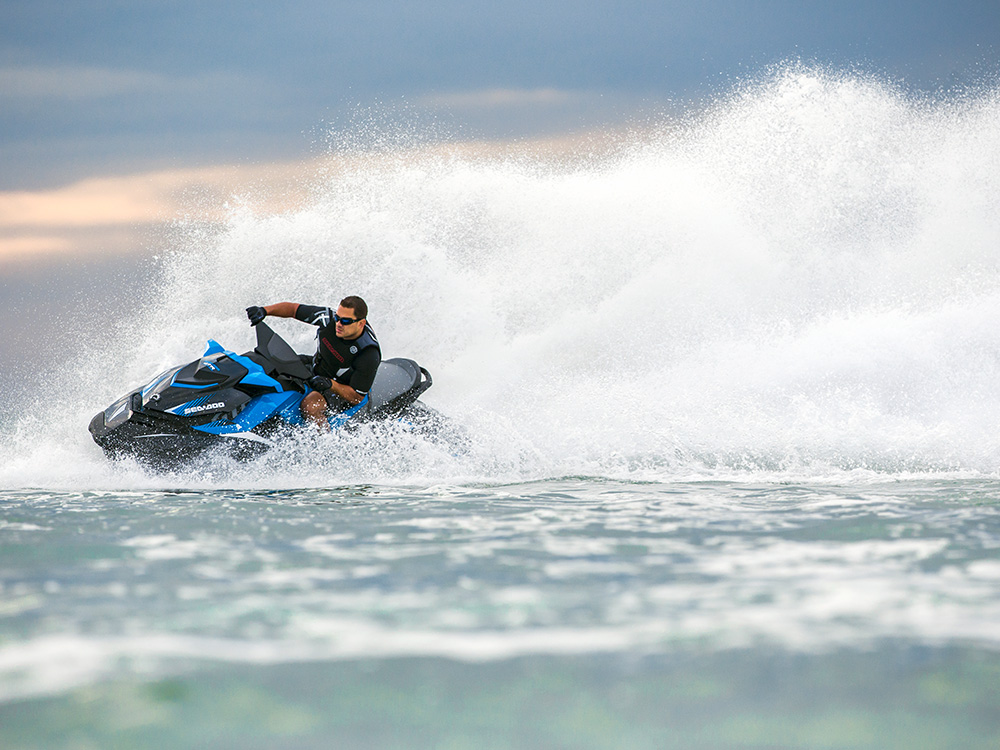Uncategorized
Boat Insurance
Boat insurance is a crucial safeguard for boat owners, providing coverage for a wide range of risks on the water. Whether you’re navigating the open seas or enjoying a peaceful day at the lake, having the right insurance can make a significant difference in protecting both your vessel and your financial stability. This blog will take an in-depth look at boat insurance, explaining what it is, why you need it, and how to choose the best policy. The content is designed to be both easy to understand and reliable, offering valuable insights into the world of marine insurance.
What is Boat Insurance?
Boat insurance is a type of coverage that protects you financially if your boat is damaged, stolen, or involved in an accident. It works similarly to car insurance, but it is designed specifically for watercraft. These can include various types of boats such as yachts, sailboats, fishing boats, jet skis, and even houseboats.
Depending on your policy, boat insurance can cover several aspects, including physical damage to your vessel, liability for injury or property damage, and even medical payments for you and your passengers. The goal is to provide peace of mind while you’re on the water, knowing that if something goes wrong, you’re financially covered.
Why Do You Need Boat Insurance?
Owning a boat can be an exciting experience, but it also comes with risks. Boats are expensive investments, and accidents, theft, or natural disasters can lead to costly repairs or even total losses. In many cases, boat insurance isn’t just a recommendation—it’s a requirement.
- Protecting Your Investment: Boats can cost thousands or even millions of dollars, and repair bills can be significant if something goes wrong. Insurance helps to ensure that you don’t have to shoulder the financial burden alone.
- Legal Requirements: Depending on where you live and where you plan to boat, insurance might be legally required. Some states and marinas have regulations that mandate insurance, especially for larger vessels. If you finance your boat, your lender may also require proof of insurance.
- Liability Coverage: Accidents on the water can happen, whether you’re involved in a collision with another boat or cause damage to someone’s property. Liability coverage protects you from the potentially high costs of lawsuits or medical bills.
- Environmental Protection: If your boat is involved in a fuel spill or other environmental hazard, boat insurance can cover the costs of cleanup, which are often mandatory and expensive.
Types of Boat Insurance Coverage
Choosing the right boat insurance requires understanding the different types of coverage available. Not all policies are created equal, and the type of coverage you need depends on several factors, including your boat type, its value, and how often you use it.
- Liability Coverage: This is one of the most important components of any boat insurance policy. It covers you if you are found legally responsible for damages to another person’s property or injuries to someone else. Liability insurance can protect you in the event of a lawsuit or other legal claim.
- Physical Damage Coverage: If your boat is damaged in an accident, this part of your policy will help cover the cost of repairs. Physical damage can result from collisions, fires, theft, vandalism, or weather-related incidents like storms.
- Medical Payments Coverage: Accidents can lead to injuries, and medical payment coverage helps cover the medical expenses for you and your passengers, regardless of who is at fault.
- Uninsured/Underinsured Boater Coverage: Just like with cars, not all boaters carry insurance. If you are involved in an accident with an uninsured or underinsured boater, this coverage ensures that your losses are still covered.
- Salvage and Wreck Removal Coverage: If your boat is damaged beyond repair, it may need to be salvaged or removed from the water. These services can be costly, but certain policies cover these expenses.
- Environmental Damage: Some policies include protection for environmental harm, such as oil spills or fuel leaks. This can cover the costs of cleanup, which can be significant and may be mandated by law.
Factors That Influence Boat Insurance Rates
Like any insurance policy, the cost of boat insurance is influenced by several factors. Understanding these can help you make informed decisions and potentially lower your premiums.
- Type and Size of the Boat: The larger and more expensive your boat is, the more it will cost to insure. High-performance boats, in particular, can come with higher premiums due to the increased risks associated with speed.
- Where You Use the Boat: If you’re using your boat in areas prone to hurricanes or other severe weather, your premiums may be higher. Likewise, boats used in busy waterways or oceans might carry more risk than those used on small lakes or rivers.
- Boating Experience: Just as with auto insurance, your experience and history as a boater can affect your rates. Experienced boaters with a clean record may pay less than those who are new to boating or have a history of accidents.
- Safety Features: Boats equipped with modern safety equipment such as GPS, radar, and automatic fire extinguishers might qualify for discounts. Installing theft-prevention systems can also reduce premiums.
- Usage: If you use your boat frequently, your insurance costs may be higher than for someone who only uses their boat occasionally. Insurers will consider how often and for how long you plan to take your boat out on the water.
How to Choose the Right Boat Insurance
Selecting the best boat insurance policy can be daunting, especially with so many options available. Here are a few key steps to help guide your decision.
- Assess Your Needs: Consider how and where you use your boat. Do you sail in freshwater lakes or on the open ocean? Are you a recreational boater, or do you enter races and regattas? These factors will help determine the type of coverage you need.
- Compare Providers: Don’t settle for the first policy you come across. Compare multiple insurance providers to see who offers the best rates and coverage for your specific situation. Many companies specialize in boat insurance and may offer more tailored coverage options than general insurers.
- Check for Discounts: Ask your insurer about any available discounts. These can range from bundling your boat insurance with your home or auto policy to completing a boating safety course.
- Understand Exclusions: Make sure you fully understand what is not covered under your policy. For example, some policies exclude coverage for racing or certain types of water sports. Be aware of any limits on where you can sail, as certain policies may not cover international waters.
- Work with a Specialist: If you own a particularly valuable or unique boat, consider working with an insurance provider that specializes in marine insurance. They can offer expert advice and tailor policies to your needs.
Common Myths About Boat Insurance
There are several misconceptions about boat insurance that can lead to confusion or mistakes when purchasing a policy. Let’s debunk some of the most common myths:
- My Homeowners Insurance Covers My Boat: While some homeowners insurance policies provide limited coverage for small boats, they often exclude larger vessels or only offer coverage while the boat is on your property. For proper protection, a dedicated boat insurance policy is necessary.
- I Only Need Insurance During Boating Season: Even if you only use your boat during certain months of the year, insurance is necessary year-round. Risks like theft, vandalism, or weather-related damage can occur at any time, even when your boat is in storage.
- Small Boats Don’t Need Insurance: Even smaller boats, like canoes or personal watercraft, can benefit from insurance. Accidents, theft, or damage can still happen, and liability coverage can be crucial in protecting you financially.
- Boat Insurance is Too Expensive: Many people assume that boat insurance will be prohibitively expensive, but in reality, the cost is often quite affordable, especially for smaller vessels. Various discounts and policy options can help make coverage more economical.
Last Words
Boat insurance is an essential part of responsible boat ownership. Whether you’re an occasional sailor or a year-round water enthusiast, having the right coverage provides peace of mind and financial protection. By understanding the different types of coverage, the factors that affect your rates, and how to choose the best policy, you can enjoy your time on the water knowing that you’re fully protected. Always take the time to assess your needs and compare options, and don’t fall for common myths that could leave you underinsured. With the right boat insurance, you can focus on making the most of your time out on the water.

